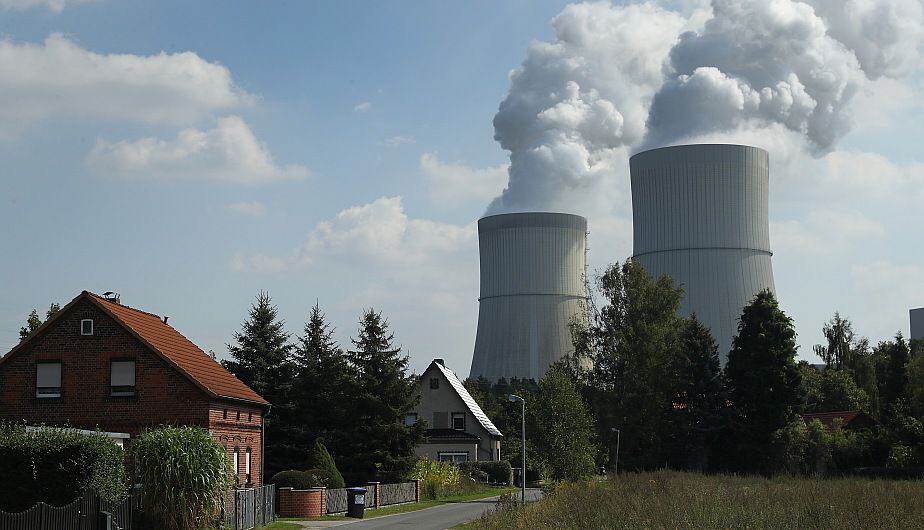
After the catastrophes of Chernobyl in 1986 and Fukushima in 2011, moving away from nuclear energy seemed prudent. Now it seems like a serious mistake, and not just because global energy costs are rising. In the coming decades, an orderly, economically and politically sustainable transition to zero-carbon electricity is likely to require a much larger nuclear component.
According to plausible estimates, nuclear power is almost as clean and safe as wind or solar, and much cleaner and safer than biomass, gas, oil or coal. Like any such technology, it poses challenges, but with a sufficient commitment of effort and resources, they can be overcome. The sooner this is understood, the better chance the world has of winning the war on climate change.
The United States and, above all, Europe have not only chosen to invest less in the construction of new nuclear power plants. They have advanced the withdrawal of facilities that actually provided cheap, carbon-free energy. Belatedly, the world has understood that efforts to reduce greenhouse gas emissions must be accelerated.
But the costs of doing so are also becoming clearer. If the zero-carbon transition is overly disruptive or seen as a major threat to living standards, support for the effort could fail. In this sense, withdrawing nuclear power plants ahead of schedule is crazy.
The immediate consequences of the withdrawal of nuclear energy in Europe demonstrate this. Wholesale energy prices have quadrupled since the start of the pandemic, and it could be worse. Germany, for example, has led this retreat. This year it will close the last of its nuclear power plants. Aside from the shock of rising costs, Germany’s sudden reliance on Russian-sourced gas has undermined the Western alliance and prompted the German government to openly appease President Vladimir Putin as he threatens war with Ukraine.
Keeping existing nuclear power plants running is one thing, but what about building new capacity? Skeptics say investments in wind and solar power will make this unnecessary. Maybe, but it’s a gamble. To make it profitable, wind and solar power will have to continue to get cheaper and the world will need to radically improve storage technologies. Given the stakes, it would be a mistake to rule out alternatives, not just nuclear, which is proven, but also carbon capture and other potentially useful technologies.
Critics of nuclear power also say that making a difference will take too long, and that new plants are expensive, difficult to build and subject to lengthy planning and other delays. All these difficulties are real, but since they are partly the result of politics, better politics can solve them.
Nuclear power is less expensive than it seems, once the high social cost of carbon is considered. The more policymakers think in terms of efficient pricing, and ideally resort to an explicit carbon tax, the easier it will be to compare costs intelligently. Wind, solar, and energy efficiency investments can be even cheaper—all are necessary—but the supply of wind and solar power fluctuates, while nuclear provides a reliable baseline power.
Nuclear power plants are difficult to build, in part because the forced decline of the industry has caused the relevant knowledge and experience to atrophy. By using small modular reactors — which governments could support with tax and other incentives — more components could be built in factories rather than on-site, speeding construction and lowering costs.
The planning delays reflect the post-Fukushima consensus, expressed in a new and endless bureaucracy, that adding nuclear capacity is foolish. If that bias is wrong, and it turns out to be wrong, the rules can be changed.
The prejudice against nuclear power is really wrong, and dangerously wrong. Nuclear power can make a vital contribution to the fight against climate change. Without further delay, governments must recognize this truth and act accordingly.
Source: Gestion
Ricardo is a renowned author and journalist, known for his exceptional writing on top-news stories. He currently works as a writer at the 247 News Agency, where he is known for his ability to deliver breaking news and insightful analysis on the most pressing issues of the day.












